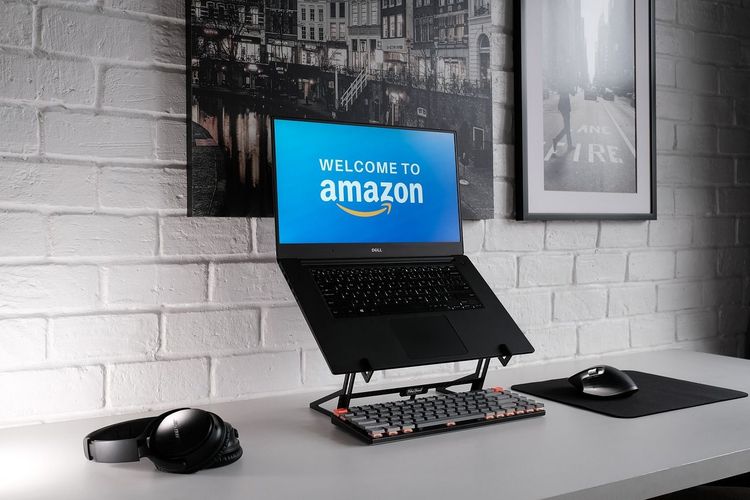Hebbia, a pioneering startup harnessing generative AI for efficient document searching and answering complex queries, has successfully secured $130 million in Series B funding. This investment, led by Andreessen Horowitz and supported by Index Ventures, Google Ventures, and Peter Thiel, has propelled Hebbia’s valuation to approximately $700 million.
This significant funding round illustrates a growing trend among AI startups, where achieving a 50x annual recurring revenue (ARR) is becoming increasingly commonplace, particularly for those generating substantial profits early in their growth stages.
The official announcement of the funding confirms most details reported earlier, although Hebbia has since raised an additional $30 million beyond previous estimates. However, the startup has not yet updated its SEC filing to reflect this new funding, which originally aimed for around $100 million in new equity.
Founded by George Sivulka during his PhD studies in electrical engineering at Stanford, Hebbia reported an impressive ARR of $13 million while also maintaining profitability during its pitch to investors, according to sources close to the negotiations. In an interview, Sivulka, who serves as the company’s sole founder and CEO, opted not to disclose specific revenue or profit figures, but shared that the startup's revenue has experienced a remarkable 15x growth over the past 18 months.
The $700 million valuation suggests that investors consider Hebbia to be worth approximately 54 times its ARR. While such lofty valuations were prevalent at the peak of the pandemic-led tech boom, they remain common among innovative AI startups today. Comparable companies like Glean and Harvey boast valuations of just over 60x ARR, as reported by industry sources.
Founded in 2020, Hebbia initially aimed to create an AI-driven search and summarization tool before pivoting to position itself as an AI analyst. Its flagship product, Matrix, is capable of processing multiple lengthy files and answering inquiry-based questions in a structured format akin to a spreadsheet. For example, Matrix can analyze SEC filings and comparable documents, helping users organize and contrast information relevant to specific companies and their industry competitors.
Currently, Hebbia primarily sells its software to asset managers, investment banks, and other financial institutions. However, the startup plans to broaden its reach into other sectors, including legal and pharmaceutical industries.
According to Sivulka, 30% of asset managers currently utilize Hebbia’s technology for due diligence, asset valuation, and other research initiatives. The latest funding will be allocated to expanding the team, further penetrating the financial services market, and exploring opportunities in alternative sectors.
Notable clients on Hebbia’s roster include investment bank Centerview Partners, private equity firm Charlesbank, and law firm Fenwick.
Sivulka, often regarded as a wunderkind, brings a unique background to the table. He began working at NASA in his teens and completed his undergraduate degree in mathematics at Stanford in just 2.5 years. Distinctively, he lacks direct business experience and does not have a business-oriented co-founder, setting him apart from many enterprise-focused entrepreneurs.







